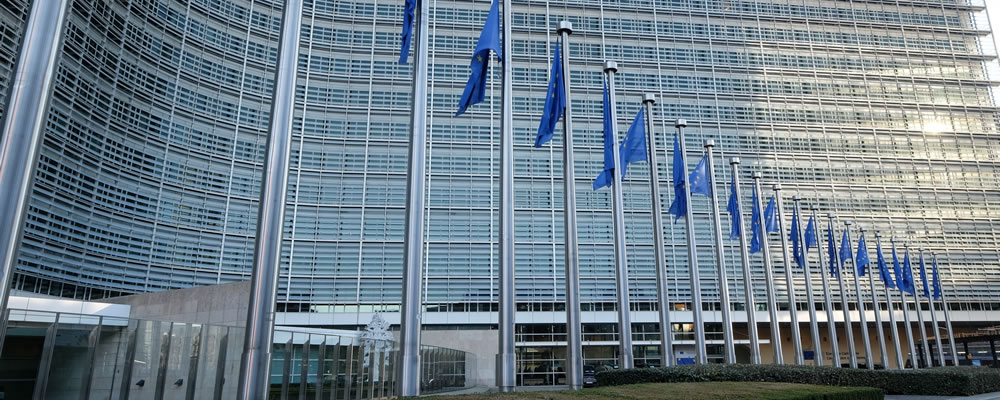Disappointing German Factory Data Triggers EUR/ZAR Exchange Rate Decline
The Euro (EUR) has fallen by -0.3% against the South African Rand (ZAR) today to trade at a level of ZAR17.8738.
This decline in the EUR/ZAR exchange rate has been caused by the latest German factory data, which has drained confidence among Euro traders.
July’s factory orders reading has shown another drop in demand, with a -0.9% reading following June’s -3.9% drop.
The German economy relies heavily on continual manufacturing output and exports, so this result has lowered trader confidence and weakened the single currency today.
Remaining optimistic despite the data, Ifo’s Timo Wollmershauser said:
‘We are currently facing a strong economic upswing in Germany. It will be largely driven by private consumption this year and next, helped by rising employment and strong income growth.’
South African Rand to Euro (ZAR/EUR) Exchange Rate Recovers on Current Account Update
The South African Rand to Euro (ZAR/EUR) exchange rate has risen today thanks to recent current account data, which has revealed a smaller-than-expected Q2 deficit.
The Q1 reading of ZAR-219.4bn improved with a shift to ZAR-163.8bn, just beating the expected ZAR-166.5bn printing.
The current account reading factors in South Africa’s trade balance, net income and net transfer payments.
In essence, today’s forecast-beating reading is good news because it means a move closer to a positive reading which would imply a healthy national economy.
Future Euro to Rand Forecast: Are EUR/ZAR Losses ahead on Eurozone GDP Slowdown?
The Euro’s (EUR) recent losses against the South African Rand (ZAR) could grow on Friday, when two high-impact German and Eurozone data releases come out.
First up will be Germany’s trade balance reading for July, which is predicted to show a reduction of the national trade surplus during the month.
June’s €21.8bn reading is expected to fall to €18.4bn; while this would still mean that the country exports more than it imports, a reduction could still weaken the Euro.
The more likely source of any EUR/ZAR exchange rate losses on Friday will be the later third estimates for Eurozone GDP growth in Q2 2018.
A slowdown from 2.5% to 2.2% has been anticipated for the Q2 reading, alongside a reprint at 0.4% growth on the quarter.
Estimates for a slower pace of GDP growth could lower demand for the Euro.
This is because in the long term, slower growth could lessen the odds of a 2019 European Central Bank (ECB) interest rate hike.
The next South African data to watch out for isn’t due until Tuesday next week, when manufacturing production stats for July will be released.
These readings are expected to show slower year-on-year output but a quarterly rise; annual figures are seen as more important so the Rand could fall on the results.
